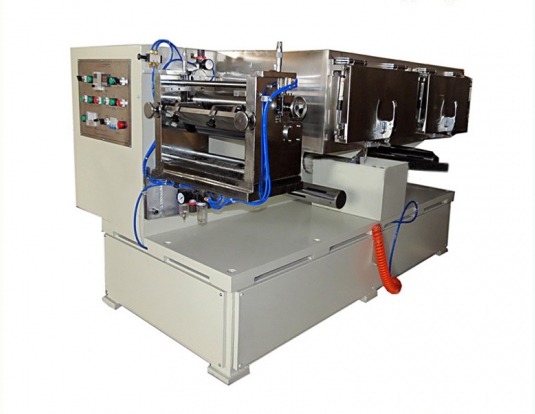battery coating machine
Battery Coating Machine: Enhancing Efficiency in Battery Manufacturing

In the rapidly evolving energy storage industry, precision and efficiency are crucial. One of the key technologies driving advancements in battery production is the battery coating machine. This specialized equipment plays a pivotal role in enhancing the performance, longevity, and safety of modern batteries, particularly in lithium-ion and solid-state battery production.
What is a Battery Coating Machine?
A battery coating machine is an industrial device used to apply a uniform layer of electrode materials onto metal foils, typically copper (for anodes) or aluminum (for cathodes). This coating process is fundamental to battery manufacturing, as it ensures consistent electrochemical properties, improving battery performance and reliability.
Types of Battery Coating Machines
There are several types of battery coating machines, each catering to different manufacturing needs:
-
Slot-Die Coating Machines – These machines use precision nozzles to distribute electrode slurry onto the foil, ensuring uniformity and thickness control.
-
Doctor Blade Coating Machines – This traditional method involves spreading the coating material using a blade set at a precise height.
-
Spray Coating Machines – These machines utilize fine sprays to apply materials, useful for specific applications requiring ultra-thin layers.
-
Roll-to-Roll Coating Machines – Ideal for high-volume production, this system continuously coats and dries electrode materials on long foil rolls.
Key Features and Benefits
Battery coating machines offer numerous advantages, including:
-
High Precision – Advanced automation ensures uniform coating thickness, reducing defects.
-
Scalability – Roll-to-roll systems enable mass production of battery electrodes, meeting high-demand applications.
-
Improved Battery Performance – A consistent coating enhances conductivity, energy density, and cycle life.
-
Reduced Material Waste – Optimized slurry application minimizes excess material use, improving cost-efficiency.
-
Customizable Settings – Manufacturers can adjust speed, thickness, and drying parameters to suit various battery chemistries.
Applications in the Battery Industry
Battery coating machines are essential in the production of:
-
Lithium-Ion Batteries – Used in electric vehicles (EVs), smartphones, and laptops.
-
Solid-State Batteries – A promising next-generation technology requiring precise thin-film coatings.
-
Supercapacitors – Where electrode coating consistency impacts energy storage and charge/discharge rates.
Conclusion
The battery coating machine is a cornerstone of modern battery manufacturing, ensuring high-quality electrode layers that contribute to better battery efficiency, longevity, and safety. As the demand for energy storage solutions grows, advancements in coating technology will continue to drive innovation in the field, supporting applications in consumer electronics, electric vehicles, and renewable energy storage.

